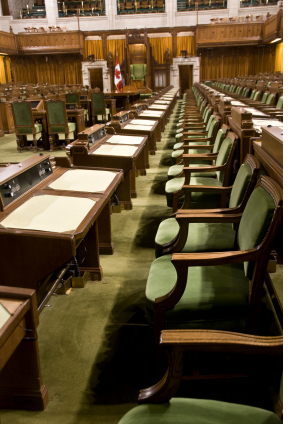 Infrastructure Budget
Infrastructure Budget
The federal Liberals released their first budget on March 22 with billions of dollars pledged for infrastructure spending. The budget supports post-secondary education via “funding for infrastructure, research and innovation, financial assistance, youth jobs and skills training, and indigenous education.”
According to the chair of Universities Canada and the president of the University of Calgary, Dr. Elizabeth Cannon, the federal Liberal government knows that universities will be a short- and long-term engine of economic stimulus based on (pledged) investment in infrastructure. Dr. Cannon specifically commended two things. The $2 billion pledged for a “strategic infrastructure fund for postsecondary institutions” and the $95 million pledged for an “annual increase to the federal research granting councils.”
Groningen Declaration: Canada Joins International Data Exchange
Sending transcripts can be stressful for students, they can get lost, delay courses, and be costly. Created in 2012, The Groningen Declaration Network on Digital Student Data Portability, is meant to “modernize and improve the international exchange of transcripts, diplomas and applications by creating ? networks between academic institutions and other organizations worldwide.”
Kathleen Massey, university registrar and executive director of enrolment services at McGill University, reported that the idea is to make transmission of credentials for Canadians easier both nationally and internationally. According to Ms. Massey, current post-secondary methodologies are outdated, cause delays, and open to potential fraud because of being paper-based. Ms. Massey said, “We want to correct that?by making sure there is a direct electronic exchange of information.”
Postsecondary Students Want Career-Related Opportunities While at School
According to an online survey created by the Higher Education Quality Council of Ontario (HEQCO) partnered with the Academica Group, postsecondary students were “career-motivated, seeking preparation for their chosen career path.” According to the report, students made use of the various opportunities at university such as “experiential learning, networking opportunities and career-related workshops?completing personal research, joining extracurricular teams and volunteering for activities related to their academic field,” but also “asked for more experiential and work-integrated learning opportunities” such as “more career-related workshops and the opportunity to learn practical, career-related skills in class,” and “that their institutions help them find jobs.”


